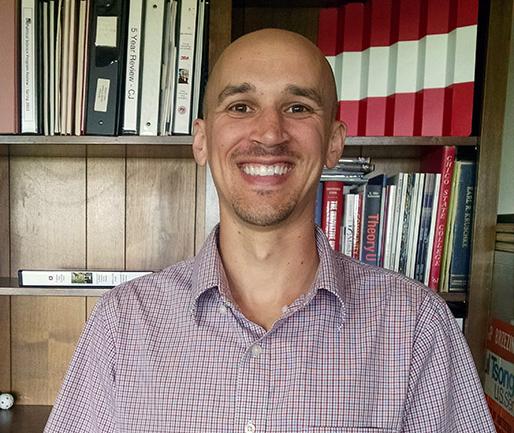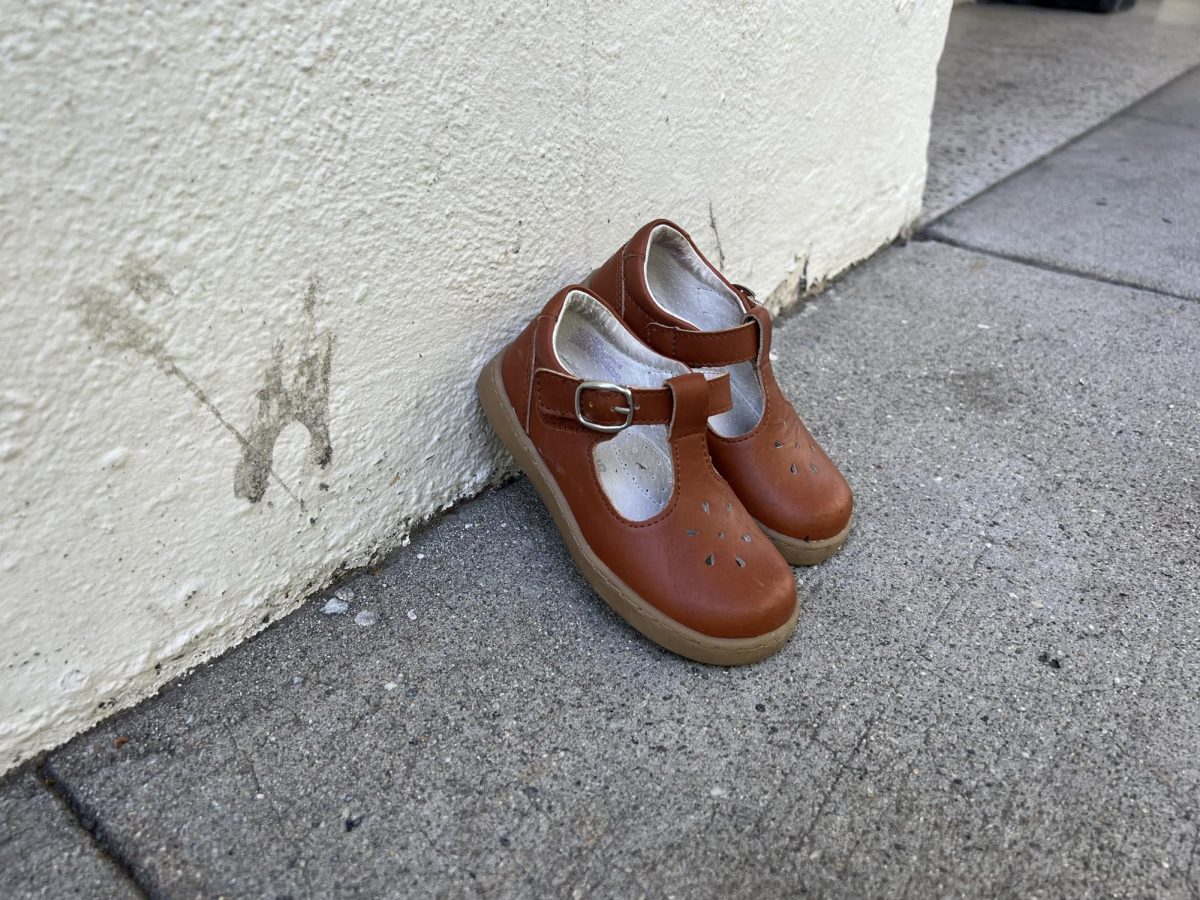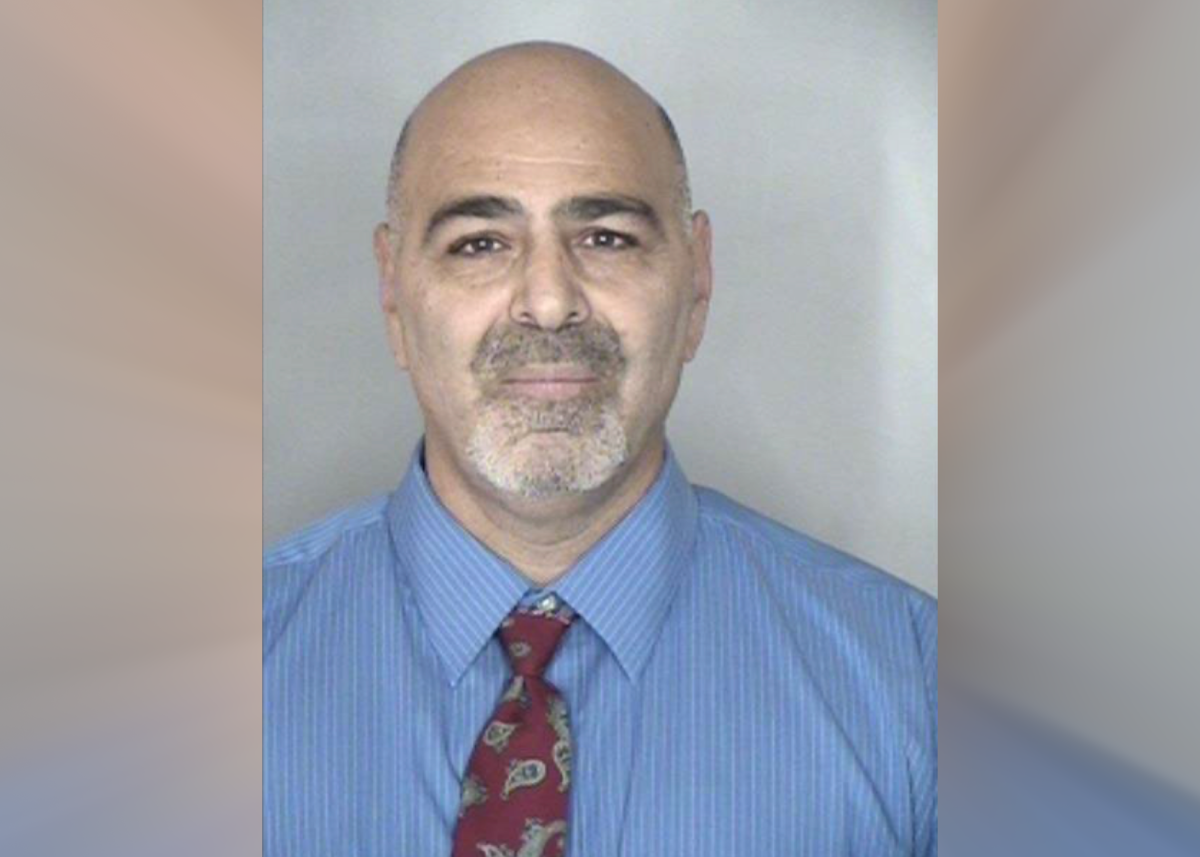
Chico State’s political science chair Ryan Patten and former political science teacher Lori Beth Way presented findings from their book that studied criminal justice policies used by police officers.
Patten and Way coauthored “Hunting for Dirtbags: Why Cops Over-Police the Poor and Racial Minorities,” and presented their findings at a faculty meeting Tuesday at the Bell Memorial Union. The event was hosted by the College of Behavioral and Social Sciences.
“The main finding was that police officers conducted the majority of their discretionary proactive stops in neighborhoods where the majority of the population were non-white and would be considered low in the socio-economic status,” Patten said.
When officers identified suspicious characters, they were frequently wrong, Patten said.
“What we hoped to accomplish was to demonstrate that when officers are out and using their gut intuition as to who is doing something illegal, the majority of the time they’re wrong,” Patten said.
Beth is the lead author of the book, and Patten came on to help her finish it. The motivation for the book came from the idea of different racial groups ending up in jail, Patten said. They wanted to find out whether it was because they were doing something illegal, or something else that the public wasn’t aware of.
“It’s an interesting issue if you look at jails and see a lot of young black and hispanic men,” Patten said. “It has to start somewhere. The very first point of contact comes with police.”
Patten and Way conducted participant observations and in-depth interviews with officers in two cities in the years 2000 and 2010. Patten said one of the cities was in California, but he could only say that the other city was on the East Coast because of publishing restrictions.
The two rode along officers and looked for specific things in their observations. First, they studied a call for service, which is when officers are called to a scene. Then, they looked at proactive stops, where an officer deems a person as suspicious and contacts that person.
The research didn’t come without its fair share of problems.
Patten said there was an initial issue with actually getting into the police department to conduct research, because officers are suspicious of outsiders by nature. It took time to get officers to let their guards down during ride alongs.
Based on the book’s findings, Patten’s goal is to help focus police into a more empirically-based strategy, where they don’t have to rely as much on their gut feeling.
“The other thing I hope people can get from the presentation is that cops are people and they’re trying their best,” Patten said. “They need guidance from their police chiefs in implementing effective crime control strategies.”
Aside from specific aspects of the book’s findings, they hope it can show the kind of research that can be done, and how it can be brought into classrooms to inform students about what’s actually going on, Patten said.
Despite the stressful process, he said it was fun working with Way on the book. Hopefully the findings can make a difference somewhere.
“It’s a heartening feeling to see all of your hard work go into a book,” Patten said. “Hopefully that book makes a very small difference in a police department somewhere across the United States.”
Nick Woodard can be reached at [email protected] or @nwoodard25 on Twitter.













